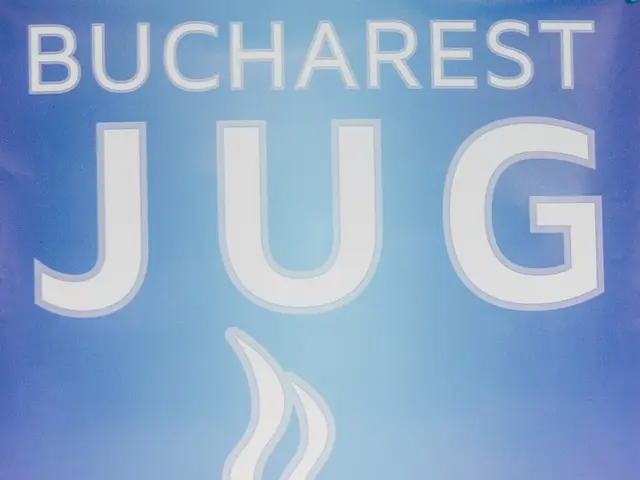Senate archives impeachment proceedings against the Vice President
The Supreme Court of the Philippines is currently questioning the validity of the second impeachment complaint filed against Vice President Sara Duterte [1]. This comes after the Court ruled on July 25, 2025, that the initial impeachment complaints against her were unconstitutional due to violating the one-year bar rule [2].
The one-year bar rule, as stated in Article XI, Section 3(5) of the Constitution, prohibits the initiation of new impeachment proceedings against the same official more than once within a one-year period [2]. As a result, no new impeachment complaint can be filed against Vice President Duterte until February 6, 2026, and the Senate cannot acquire jurisdiction to try any impeachment case against her during this period [1][2].
The initial impeachment complaints were filed by private individuals and various factions within the House of Representatives on December 2, 4, and 19, 2024 [2]. The second impeachment complaint was filed through a resolution that was approved by more than one-third of the House members on February 5, 2025, and sent to the Senate for trial [1].
The Supreme Court's ruling effectively bars any new or ongoing impeachment proceedings against Vice President Duterte based on the complaints filed up to that point. However, it is important to note that this decision does not absolve her from the charges; it is strictly a procedural bar to repeated impeachment attempts within one year [1][2].
Despite the impeachment process having proceeded to the Senate and Vice President Duterte being the first vice president to be impeached in Philippine history, no final verdict was rendered due to this constitutional limitation [1][2]. The Supreme Court has not yet made a final decision on the case Sara Z. Duterte v. House of Representatives et al., G.R. No. 278353 and Atty. Israelito P. Torreon et al. v. House of Representatives et al., G.R. No. 278359, as a motion for reconsideration was filed by the House [2].
The Court emphasizes that it cannot concede the sobriety of fairness inherent in due process of law to the passions of a political moment [2]. It also reiterates that it is not its duty to favor any political result, but to ensure that politics are framed within the Rule of Just Law [2]. The Court is ensuring due process in the impeachment case, as required by the Bill of Rights, even before the impeachment process begins [2].
The Supreme Court's fundamental law is clear: The end does not justify the means [2]. This ruling sets a clear constitutional framework restricting multiple impeachment filings against the same official within a year, reinforcing the so-called "one-year bar rule" [1][2].
For the latest updates on this case, please follow the news.
References: [1] Rappler. (2025, July 25). Supreme Court: Sara Duterte's impeachment complaints unconstitutional. Rappler. https://www.rappler.com/nation/284026-supreme-court-sara-duterte-impeachment-complaints-unconstitutional
[2] Inquirer.net. (2025, July 25). SC: Sara Duterte's impeachment complaints unconstitutional. Inquirer.net. https://newsinfo.inquirer.net/1459618/sc-sara-duterte-impeachment-complaints-unconstitutional
The Supreme Court's ruling has set a clear constitutional framework, reinforcing the "one-year bar rule" that prohibits the initiation of new impeachment proceedings against Vice President Sara Duterte within a year. This follows the Court's decision on July 25, 2025, declaring the initial impeachment complaints against her as unconstitutional due to violating this rule. In the ongoing politics and general news, it is essential to keep an eye on policy-and-legislation and war-and-conflicts, as they often intertwine and influence each other.






